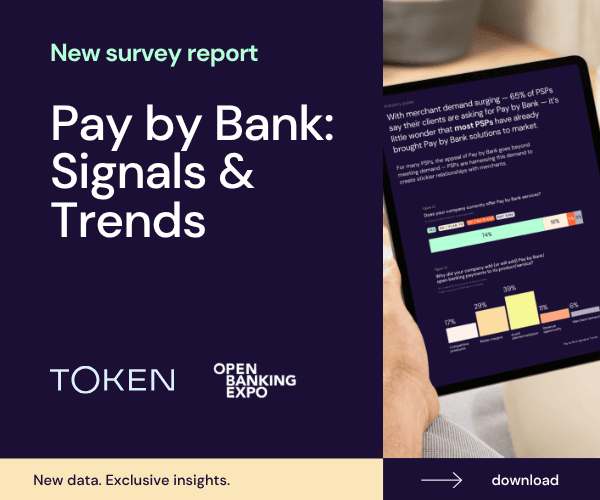

CFIT’s second coalition reveals expected boost to UK economy from digital IDs
Ellie Duncan | News
02 Dec 2024
The Centre for Finance, Innovation and Technology’s (CFIT’s) second industry coalition focused on tackling economic crime with enhanced verification, has been working on a digital company ID, which could add £600 million annually to the UK economy.
The CFIT-led coalition of financial institutions and technology companies, launched in June this year, has worked on the design of a digital company ID, with the intention to make securing finance and conducting day-to-day business less vulnerable to fraud.
In a new white paper published today (2 December), CFIT defined company ID as “a digital representation of a business entity” which “integrates verified and trusted information about a company”.
The white paper also revealed that the UK economy stands to gain £600 million per year from the adoption of secure digital IDs.
A direct output of the coalition will be a blueprint and the creation of a working prototype, in the form of a virtual passport, for UK businesses that can work across industry.
Since its launch, research undertaken by the coalition found that widespread adoption of a digital company ID would help prevent fraud, boost efficiencies for banks and other financial institutions by saving them time, reduce compliance costs and enable the creation of a Smart Data economy.

CFIT chair Charlotte Crosswell
Charlotte Crosswell OBE, chair of CFIT, said: “Economic crime remains a major threat to the UK’s economic security, and has a profoundly distressing impact on consumers and businesses.
“At CFIT, we are committed to addressing this and making the financial services industry more robust against fraud. The dynamic elements of Smart Data and Digital ID, along with cross-sector interoperability, have been key to the success of the coalition to date and demonstrate a further milestone in CFIT’s mission to boost economic growth through financial innovation.”
More than 70 organisations are participating in the coalition, including proof of concept partners Lloyds Bank, NatWest Group and Monzo, as well as Mastercard, Barclays, Santander, HSBC, Virgin Money, CRIF, OneID, Revolut, Visa and Yoti, and regulators including the Financial Conduct Authority and Payment Systems Regulator.
Elyn Corfield, Lloyds Bank chief executive officer, business and commercial banking, added: “Digitising how banks undertake know your customer obligations will help make compliance checks more user friendly for Britain’s small businesses and support the UK’s fight against financial crime.
“Providing easier and quicker access to bank accounts and finance will enable businesses to secure greater investment for growth and deliver more jobs for people across the UK.”
NatWest Group’s head of financial crime risk management and deputy group MLRO, Phalé McMillan, said cross-industry collaboration is “vital to protect consumers, businesses and the overall economy” given that financial crime is one of the most prevalent crimes in the UK.
“The proposed digital verification framework demonstrates the power of technology in protecting the financial system and customers, whilst supporting UK economic growth,” McMillan added.
CFIT is expected to announce the outputs, recommendations and next steps from the coalition’s work programme in March 2025.



